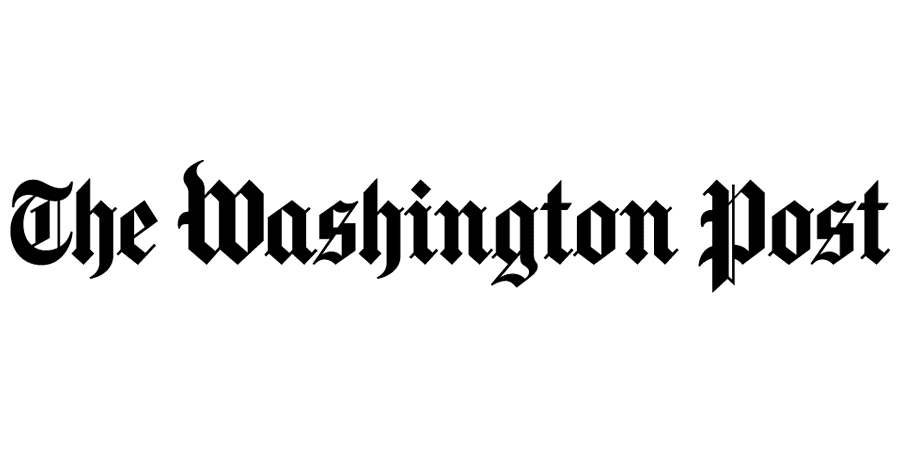Foreign debt problems could drag down any U.S. recovery. The IMF chief says, “This pandemic will not be over until it’s over everywhere.”
If left unchecked, the catastrophe descending upon countries such as South Africa, Brazil, India and Lebanon could shake the industrialized world.
Disorderly defaults on government debt would cause stock and bond prices to gyrate on Wall Street. A torrent of illegal migrants fleeing poverty and sickness could demand refuge. And countries in chaos might serve as a haven for the coronavirus, enabling waves of infection that would hamstring the global economy for years.
“Trouble travels. It doesn’t stay in one place,” Kristalina Georgieva, managing director of the International Monetary Fund, told The Washington Post. “This pandemic will not be over until it’s over everywhere.”
That’s a lesson that may be easy to overlook as record numbers of Americans stream into unemployment offices and economists compete to offer the most alarming projections of a collapsing economy.
But in the weeks since the novel coronavirus stormed out of China, an unprecedented 90-plus countries have petitioned the IMF for assistance. Emerging and developing countries require at least $2.5 trillion this year to cover their bills, according to the fund.
After multiple financial shocks beginning in the 1990s, many of these countries stocked up on foreign currency reserves. But they still are expected to run short this year by “hundreds of billions of dollars,” Georgieva said. And that number could rise as the recession deepens, imperiling affected countries’ ability to pay for imported goods and to repay foreign debts.
This week, finance ministers and central bank chiefs will gather by videoconference for the annual International Monetary Fund and World Bank spring meeting to battle the deepening crisis.
Georgieva — a Bulgarian economist who commands roughly $1 trillion in lending — already has secured the IMF board’s approval to double one emergency funding program. And she has IMF experts racing to develop new short-term credit channels.
Much of this aid will be designed to be fast and will carry few conditions — unlike traditional IMF rescues that required poor countries to undertake wrenching reforms and often left a legacy of acrimony and distress. One new initiative would allow a country to tap a short-term credit line, repay the borrowed amount and then borrow again.
Together with the World Bank, the IMF has proposed allowing the poorest nations to defer billions of dollars in debt payments this year that they owe to richer countries. The aim is to spare countries having to choose between paying doctors or foreign bankers.
To see the full article, click here.

